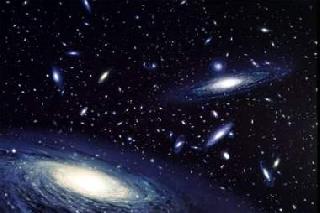
MELBOURNE (PTI): Astrophysicists have for long baffled with the Universe's "missing mass" puzzle – one of the major mysteries of science.
Now, an Australian student claims to have finally cracked the scientific conundrum.
Physicists knew that Universe contained more mass than was visible in planets, stars and other objects – but didn't know where to find it or how to prove it. They estimated that about half the mass required to keep the Universe functioning as it does was "missing".
Now, 22-year-old Amelia Fraser-McKelvie, an aerospace engineering student at Monash University, has discovered the missing material after spending a holiday internship with a team of researchers at the varsity's School of Physics.
The student conducted a targeted X-ray search of vast structures known as "filaments of galaxies", which stretch across the vast expanse of space. Examining data the research team had already gathered, her analysis of material confirmed that mass was present in the filaments.
"If we're looking very, very long distances from Earth we're detecting mass, but if we're looking closer to Earth we only see about half the mass that we're expecting to see. This is what is called the missing mass problem.
"People have theorised that this mass has settled in filaments that extend between clusters of galaxies, so we tested and confirmed this prediction by detecting it in the filaments," the Australian media quoted Amelia as saying.
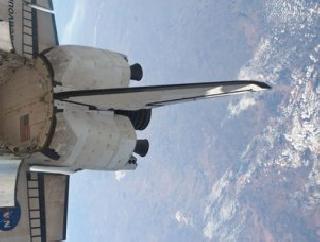 Previous Article
Previous Article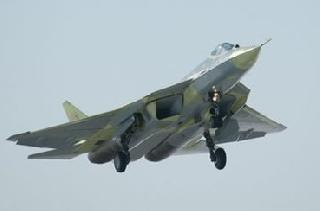 Next Article
Next Article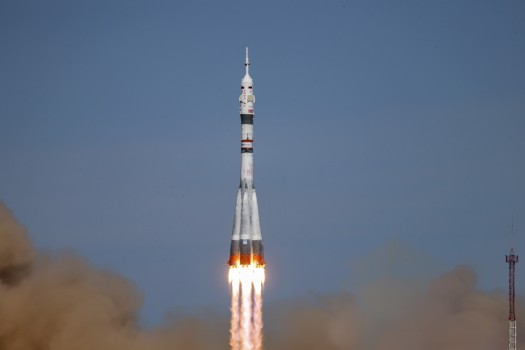

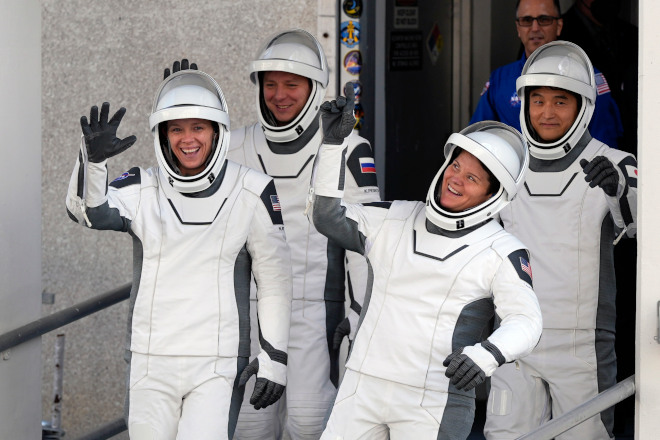











The Indian Air Force, in its flight trials evaluation report submitted before the Defence Ministry l..
view articleAn insight into the Medium Multi-Role Combat Aircraft competition...
view articleSky enthusiasts can now spot the International Space Station (ISS) commanded by Indian-American astr..
view article